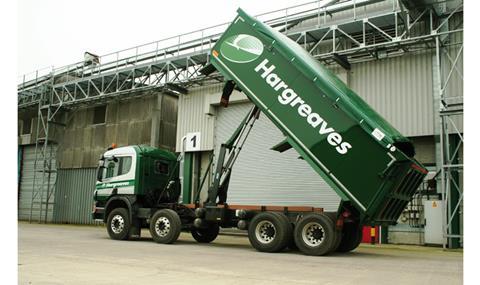
Hargreaves Logistics MD Andrew Spence-Wolrich has left the business.
The move follows the merger of Hargreaves Logistics with Hargreaves Services coal production and distribution business earlier this year as part of a wider cost cutting strategy.
Hargreaves Logistics will be overseen by Hargreaves Services coal production and distribution MD John Burns.
Spence-Wolrich, who joined Hargreaves Logistics in 2010, will continue to work as a consultant for the group on the development of its stand-alone chemical bulk tanker operation Halycon Tankers, which he launched in 2017 with Halycon Tankers’ MD Ian Elliott.
Spence-Wolrich told MT: “Everything has a natural life cycle and I was ready for a change.
"Having spent eight years at Hargreaves Logistics I was considering my next step. Having been in consultancy before I joined Hargreaves it seemed natural to restart my consultancy business and I am looking forward to continuing to work with Halycon Tankers.”
A Hargreaves spokesman said: “After eight years with Hargreaves, Andrew decided to leave the business to pursue his own opportunities.
Read more
- Hargreaves Services to tighten spending in its logistics arm
- Hargreaves Services sees logistics division volumes suffer
- Hargreaves Services suffers Brexit shock after major project is delayed
“We do not intend to replace his specific role, which will be absorbed within our Production & Distribution business unit.”
Hargreaves Services’ recently published a group financial statement for the year to May 31 2018 that revealed that Hargreaves Logistics had returned to profitability with underlying operating profit of £500,000 (2017:£0m) in the period.
However, the division’s turnover fell to £39.2m (2017: £43.7m) in the period, which the report attributed to “targeted contract selection”.
The report said the transport sector remained competitive adding that the division, which has a fleet of 350 trucks and specialises in the bulk, waste and biomass sector, will focus on servicing term contract work in areas such as waste “where sustainable demand delivers appropriate margins”.
The report also revealed that the management merger of the two divisions had delivered “an initial £0.3m of annualised overhead savings”.













